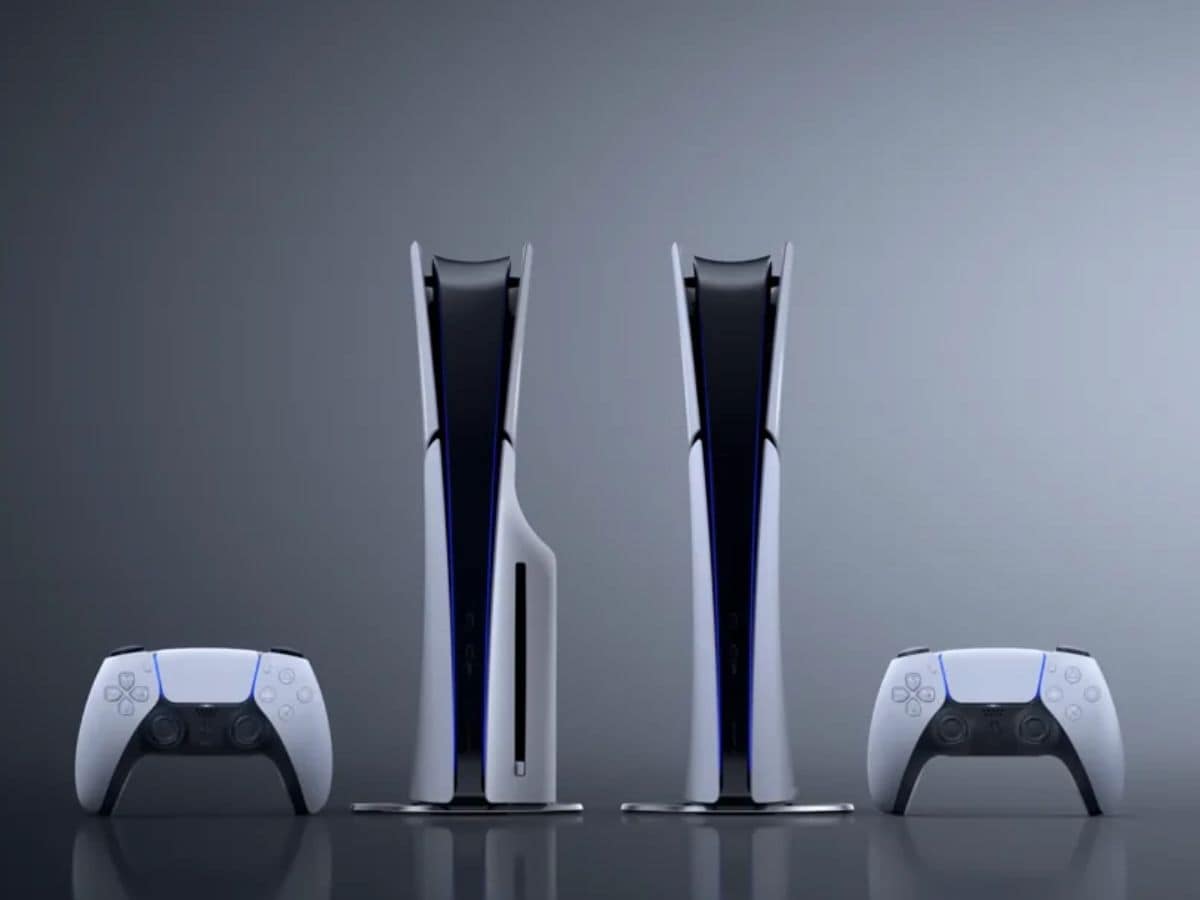Given the expansion of renewable energies, surplus energy needs storage. There are more and more different types of alternative batteries to lithium and vanadium may seem like one more on the long list. However, this material can become a rival for lithium on a commercial level.
Vanadium Storage. Australian company VSUN Energy has designed a vanadium flow battery (VFB) energy storage system. The Lumina project has started phase two to begin preparing the commercialization of the BESS VFB system with a capacity of 100MW.
This system will be able to store energy and release it for 4 to 8 hours, and will be ready for commercial use.
Increase useful life. The Australian company’s objective has focused on creating a battery that has a useful life of more than 40 years, exceeding conventional VFB systems by 10 years. To achieve its goal, the company has used vanadium oxide and employed a direct extraction approach.
The strategy that the Australian company has taken is based on the fact that production has to be its own and they must ensure control of the process from the extraction of the material to the BESS system (Battery Energy Storage System, for its acronym in English).
Vanadium vs Lithium. Batteries made of both materials have different characteristics, but they have one similarity and that is that both can be recycled. On the one hand, vanadium flow batteries can have more than 10,000 life cycles compared to lithium, which does not reach that number. On the other hand, VFBs can resist overheating better and are non-flammable, making them safer.
Other substitutions. While lithium has become an increasingly scarce material, other solutions have been sought. From recycling it to research into replacing it with materials such as sulfur or aluminum.
However, outside the laboratories you can find other types of batteries that have found their place in the market, such as silicon batteries or the creation of a gigafactory for lithium-sulfur batteries.
Imagen | Cleveland Museum of Natural History y VSUN Energy
WorldOfSoftware | In the absence of batteries, Spain stores its energy with water: the reservoirs are already pumping twice as much as in the last 15 years












